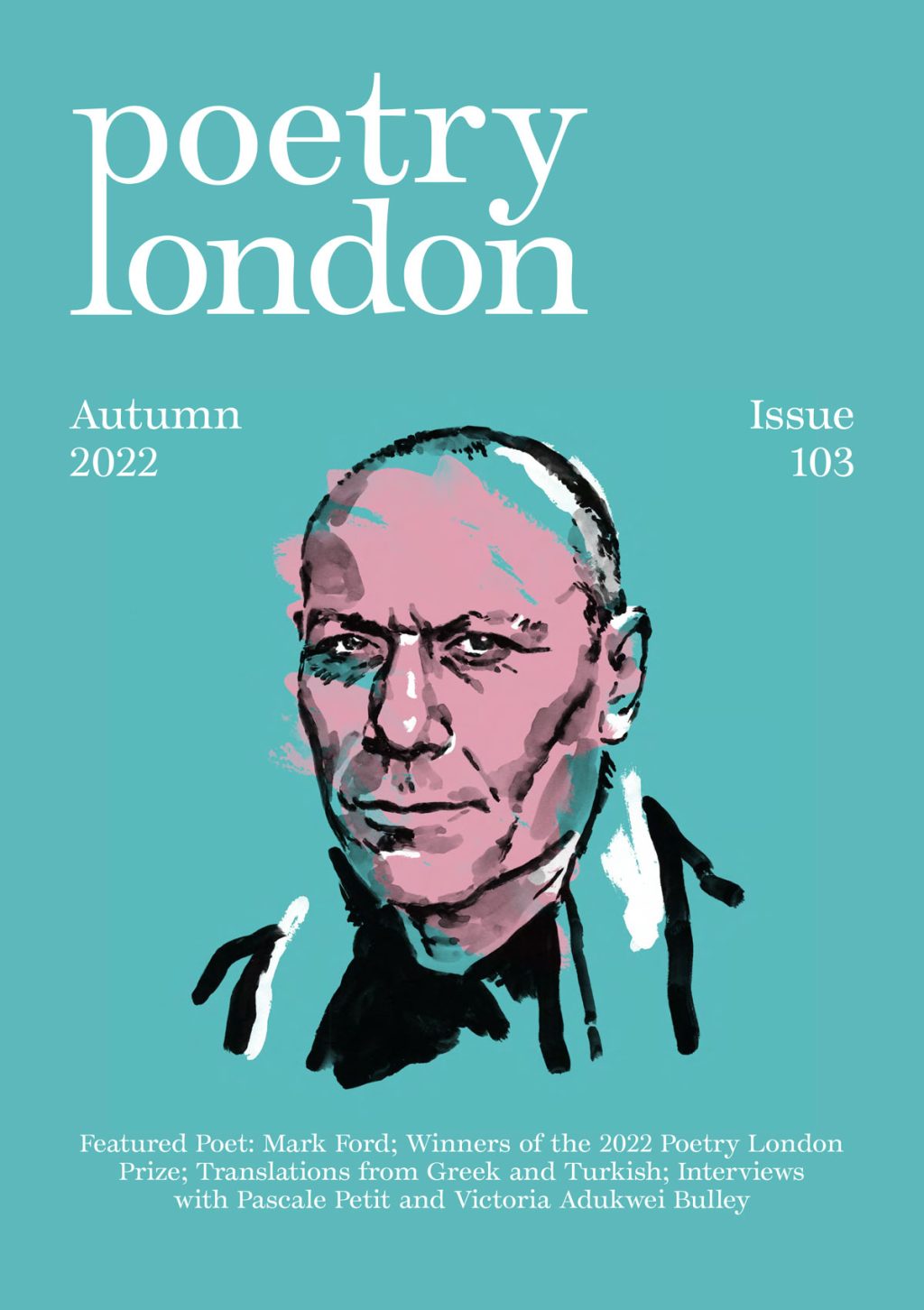The National Trust Cannot Charge You To Come In (After Cottage No. 9, Ferry Landings, built 1919)
Jane Burn
Beneath our small wooden home, I found a web of snares. This house, raised above the damp ground, once held a coney web of easy meat. Half-captured by the soil, twists of old wire lay crimped like a Sutton Hoo torc. This is what I dig—a worthless record of itinerant folk, who buried food beneath to keep it cool—this common people archaeology, this archiving of undocumented life. There was a human hand around the body of this soda bottle, a child’s mouth around a neck of vanished milk. No record of names, just a knowledge of people trying to live, as far as you can know them in the colours of the walls, the years of soot weighing the roof beams, the ghosts of gaslight making dirty moons on each mismatched ceiling— buckled, cluttered with somebody else’s mistakes. With duty of care, I peel away the layers of age— each threadbare skin of linoleum wearing the tracks of anonymous feet—down under 1930’s speckled green, are leaves of newspaper. Tawny and frail with age, they suffer the name of Hitler—his being made chancellor is said as if it was just an everyday thing. No wonder they are the colour of buried bones. The clay-heavy garden is seeded with pieces of so many plates, as if to grow another means to hold their meals, as if to grow above as porcelain blooms—hints of blue, red, pink and painted flowers— write about something you know, they always say, and I know how important it is to fill your home with cheap but precious things. See this bit of cup handle, bent like a small creature’s rib. See how there is the shape of a finger nestled there still. I found a homemade cricket bat, wormy with holes, the handle bound with rags and it broke my heart. A flyblown mirror that holds no face (you will work, you will disappear), pans, burned from the bottom and folded shut—a bike, buried like the skeleton of a horse. More snares—a history of stolen throats—an empty tin of lead shot, an ossuary of long-toothed skulls, old pennies, round and dead and dull, their figures haggled smooth, the copper ready to answer with shine the least of tender rubs, like new blood. Buttons, needles. Here I find all their useful bits. Each wing of wallpaper I pull away is a narrative of choice and hope, a claiming of bright—the yellow sun of a saucer— my home is made from stories, all untitled, and until I came here with my need to seek them, lost.


